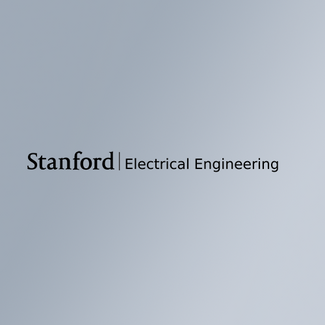
The Novo Nordisk Foundation Program on Quantum Computing
McC115
A QIS initiative by the Danish government, NATO, the Novo Nordic Foundation, and several other stakeholders is rapidly evolving around an idea of an international ecosystem for quantum technologies. As a central part of this, the Novo Nordic Foundation decided to establish an international and mission driven quantum computing program with a center hub at the Niels Bohr Institute, University of Copenhagen. The program mission is to enable the development of quantum computing hardware and quantum algorithms that can solve otherwise unsolvable bio-chemical problems within life sciences and the green transition.
The program includes an academic part, Novo Nordisk Foundation Quantum Computing Programme (NQCP) and a company, Quantum Foundry Copenhagen, which will support NQCP with novel quantum chip manufacturing capabilities. The ambitious mission roadmap spans over 12 years including 2-year preparation phase (which we are now one year into), 5-year pathfinder phase followed by a 5-year scaling phase. With a focus on the pathfinder phase, Peter Krogstrup will discuss how we plan to tackle the challenge with an agnostic and open mind towards qubit platforms with potential of executing fast and high-fidelity logic gates. Peter will also discuss how we plan to ensure the program stays on the mission track, by connecting the hardware development closely to application and algorithm area. This part of the program studies life science relevant use cases, models, algorithms (and associated hardware resource estimations side).
Stefano Paesani, head of the photonic quantum computing platform, one of the platforms under development at NQCP, which is focusing on platform using solid-state quantum emitters. Quantum emitters enable the deterministic generation of entangled photons, a key resource for photonic quantum technologies. Stefano will talk about how these systems can be used to implement fault-tolerant quantum computing, how architectures can be tailored to them, and what are the hardware requirements needed to reach fault-tolerance.